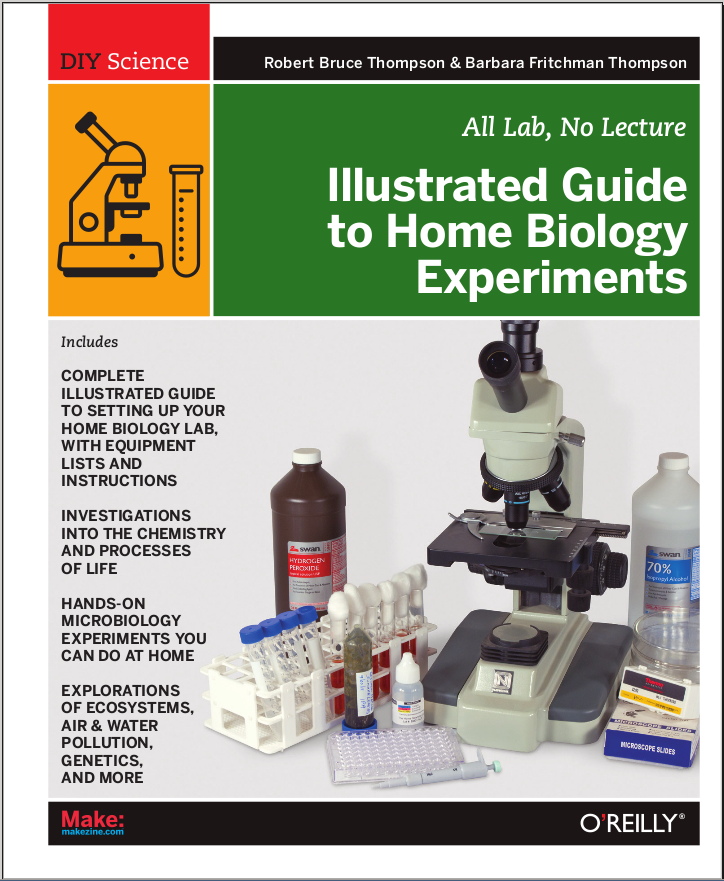08:15 – Another Monday, which means Barbara is at work after a weekend, which means Colin is expecting me to play with him all day long. I can’t blame him for pestering constantly. He’s a nine-month-old Border Collie pup, and his priorities all involve constant work, which requires my involvement as well. If I try to ignore his requests he whimpers. If I ignore that, he starts climbing up on the arm of my chair and pawing me. If I ignore that, he takes my arm in his mouth (gently), and starts pulling me toward the front door. My only option is to use a baby gate to pen him outside my office. The problem with that is that I never know what he’ll get up to when he’s out of my sight. Usually something I don’t want him doing.
11:52 – Well, I’ve been trying to avoid this, but enough is enough. OpenOffice writer keeps hanging, and if there’s one thing I can’t tolerate while I’m writing, it’s an unreliable word processor. That was what motivated me to abandon MS Word for OOo Writer long before I converted to Linux.
My main system is old, really old. If it’s any indication, I’m currently running Ubuntu 9.04, which hasn’t been maintained for quite a while now. The system drive is a 500 GB Seagate Barracuda and the second hard drive is a 750 GB Seagate Barracuda that I installed before they were officially released. There used to be two of those 750 GB drives, as DATA_1 and DATA_2, but DATA_1 failed a couple of months ago. I should have stopped what I was doing then and built a new system, but I didn’t have time. I should stop what I’m doing now and build a new system, but I have even less time. So I’m going to nuke the current installation, run detailed scans on both drives, and (assuming they pass) re-install Linux.
The question is, which Linux? Ubuntu has gone off the rails, with Unity and Gnome 3.0. As ESR recently wrote, it’s not even worth messing with. He switched to KDE. Others have switched to Linux Mint. I think I’ll go with Kubuntu 11.10. Of course, that’s a major undertaking itself, just getting all my stuff migrated over. Don’t expect to hear from me for a while.
14:11 – I’m up on my knees at this point. I ended up pulling the original drives and replacing them with an old but unused 1.5 TB Seagate Barracuda. Kubuntu 11.10 is installed and updated, and I’m currently copying several hundred GB of data from an external backup drive. At this point, basically nothing is configured. I’m writing this in the default Kubuntu browser, which is called rekonq. I’ll install Firefox and/or Google Chrome when I get a moment. LibreOffice is installed by default, but I have a dozen or more key apps I’ll need to install before this system is really usable. Stuff like digikam, for example, not to mention one or more video-editing apps.
There are also a lot of minor annoyances to deal with. Sound isn’t working at all, for example, which is probably just a matter of finding and fixing a configuration setting somewhere in the KDE GUI. I’ll also try to find time to get my old Epson scanner working. It used to work perfectly and then one day it just stopped working. I don’t think the problem is the scanner, but just something that got borked on my increasingly cluttered Ubuntu 9.04 setup. We’ll see if a clean Kubuntu 11.10 will recognize and use the scanner.
I made a conscious decision to leave a lot of data behind. Stuff that I’ll never use again, such as hundreds of GB of raw .DV video files. When I finish transferring data, this 1.5 TB drive probably won’t be more than about half or two-thirds full. Barbara, being the thrower-away of the family, will be pleased that I, being the keeper of the family, have decided to throw out all this old stuff. We watched an episode of House, MD not long ago that featured a hoarder. During the scenes of the guy’s house, Barbara kept muttering, “Just like you…” Now, it’s true that I sometimes save things that nearly anyone would consider eminently throw-outable (such as burned out lightbulbs or dead alkaline cells), but there really is method to my madness. (In the first case, I wanted a small specimen of tungsten; in the second, I wanted to dissassemble the alkaline cells and compare them chemically to a new cell.)
Geez, I wish this copy would complete so that I could get back to writing. Once again, I’ve reorganized something. I had algae in with the Group VII lab sessions (protista), which is where they are categorized in some classification systems. But it’s equally valid to put algae in with plantae rather than protista. In fact, I think it makes more sense to do it that way, considering that grouping algae with plantae turns a polyphyletic grouping into a monophyletic one. So I moved algae into the Group IX lab sessions (plantae), immediately following Group VIII (fungi). Now if only I could start writing about them.


